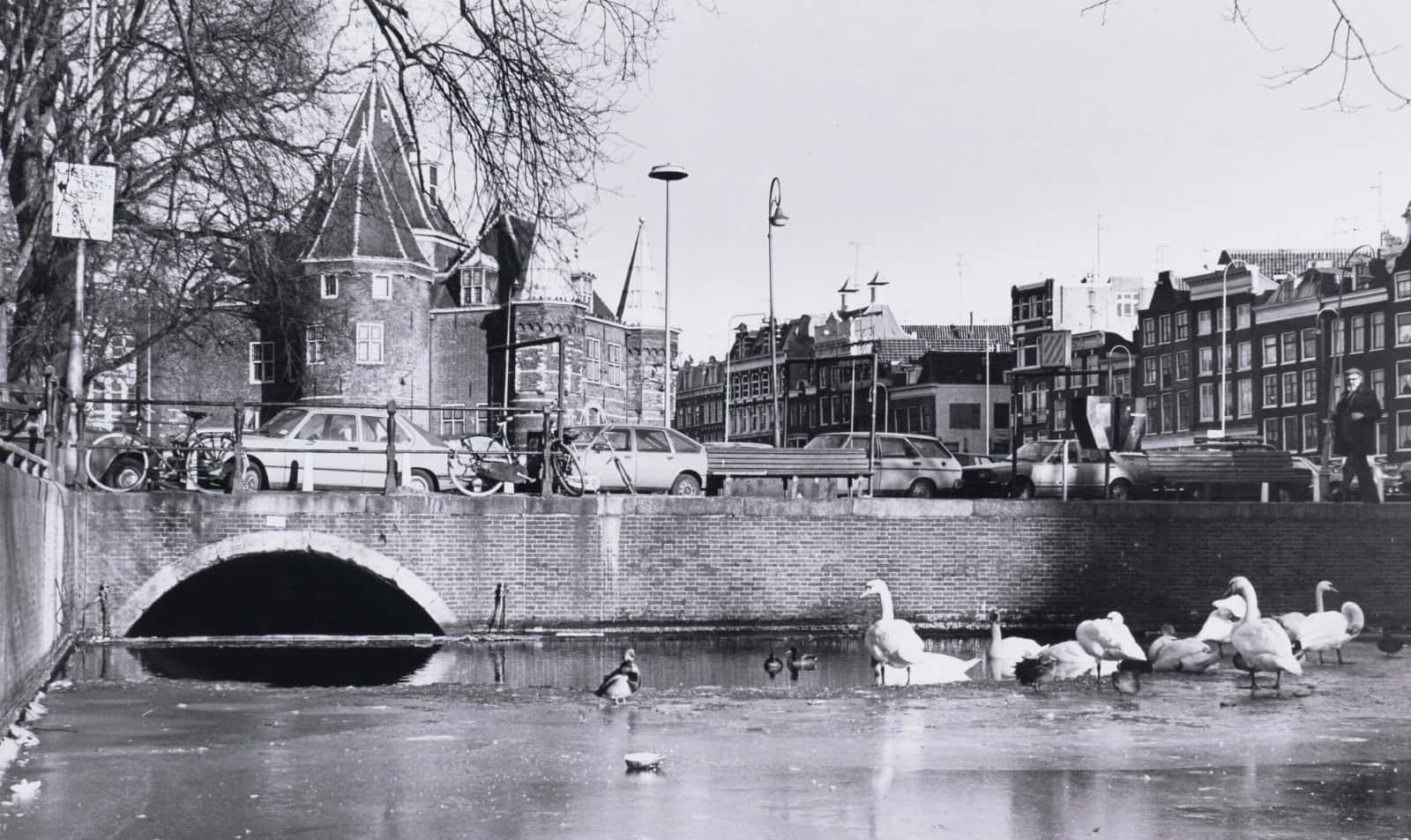

Downloads
DOI:
https://doi.org/10.58981/bluepapers.2022.1.06Published
Issue
Section
License
Copyright (c) 2022 Arjan Conijn, Maarten Reinier Lemme Ouboter, Jeroen Oomkens

This work is licensed under a Creative Commons Attribution 4.0 International License.
How to Cite
Abstract
Adding Place to Balance People, Planet, Prosperity, Peace and Partnership (toward 6Ps of SDGs): The Dutch landscape contains unique elements resulting from both natural processes and human interventions. To truly understand the Dutch water system, we need to consider how human interventions have impacted it throughout history. This is especially important when it comes to addressing current water challenges as part of the United Nations’ Sustainable Development Goals (SDGs). However, the SDGs are not just isolated goals. They should be perceived as interdependent spheres of action, with “place” being a particularly important new pillar to consider. The concept of “place” forces an integrated approach between the five pillars of SDGs (5Ps of SDGs) – people, planet, prosperity, peace and the unique historic characteristics of specific spaces. By acknowledging and understanding the unique historic characteristics of different places and fostering mutual understanding through the sharing of narratives and building partnerships, we can effectively work together to find solutions that address future challenges.
References
Brown, Kaysie, and Krista Rasmussen. 2019. “The Sustainable Development Goals In 2019: People, Planet, Prosperity in Focus.” Climate, Energy and Environment (blog). United Nations Foundation. July 9, 2019. https://unfoundation.org/blog/post/thesustainable- development-goals-in- 2019-people-planet-prosperity-in-focus/.
Van der Geest, Harm G., Arie J. Vonk, and Maarten Ouboter. 2018. Reconstruction water and material balance Markermeer; report University of Amsterdam and Waternet 1976–2015. University of Amsterdam and Waternet report. (In Dutch)
Ven, Gerard. 2004. Man-Made Lowlands: History of Water Management and Land Reclamation in the Netherlands. Utrecht: Uitgeverij Matrijs.
Van Tielhof, Milja. 2021. Consensus and Conflict. Water Management in the Netherlands 1200–1800. Hilversum: Uitgeverij Verloren.


